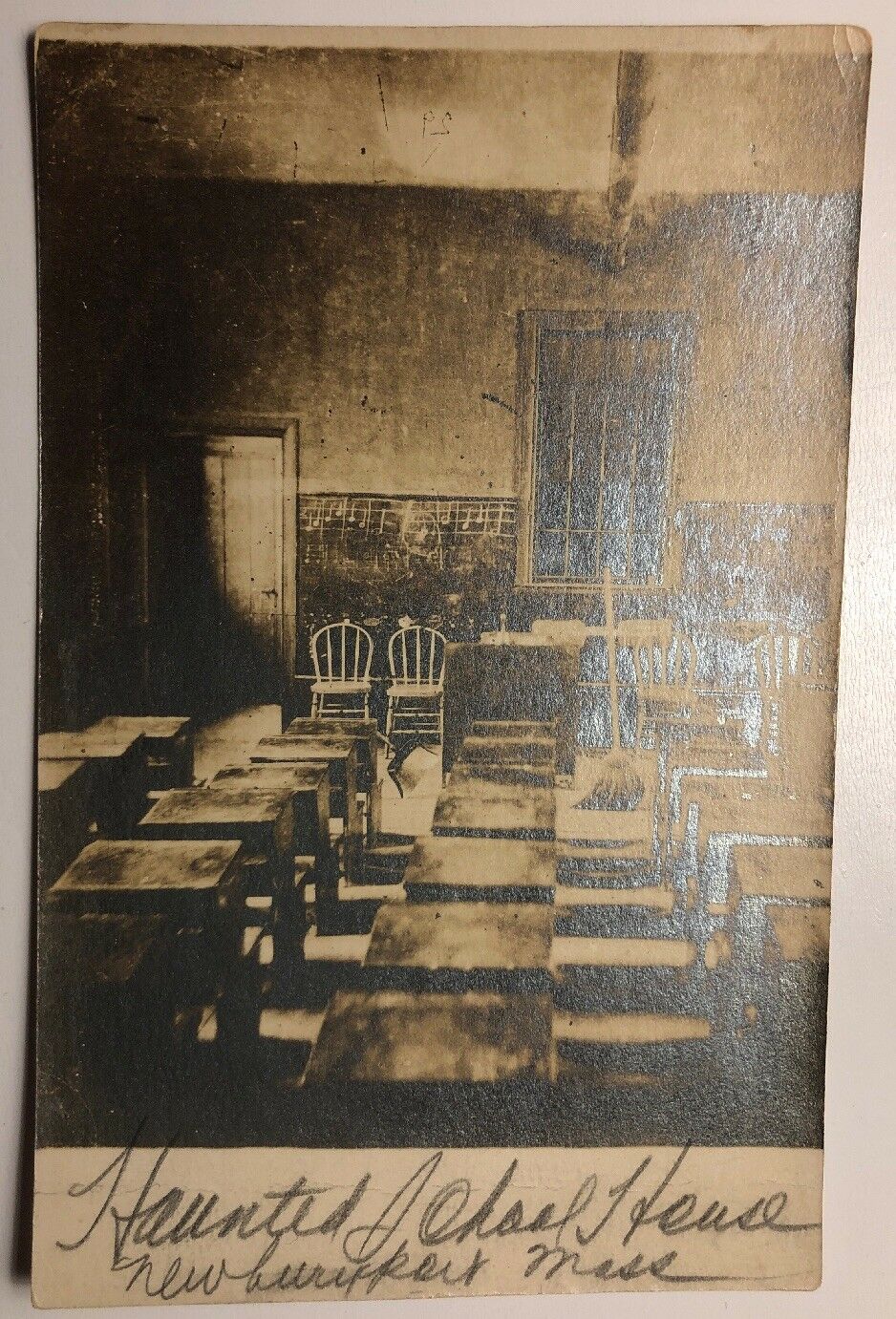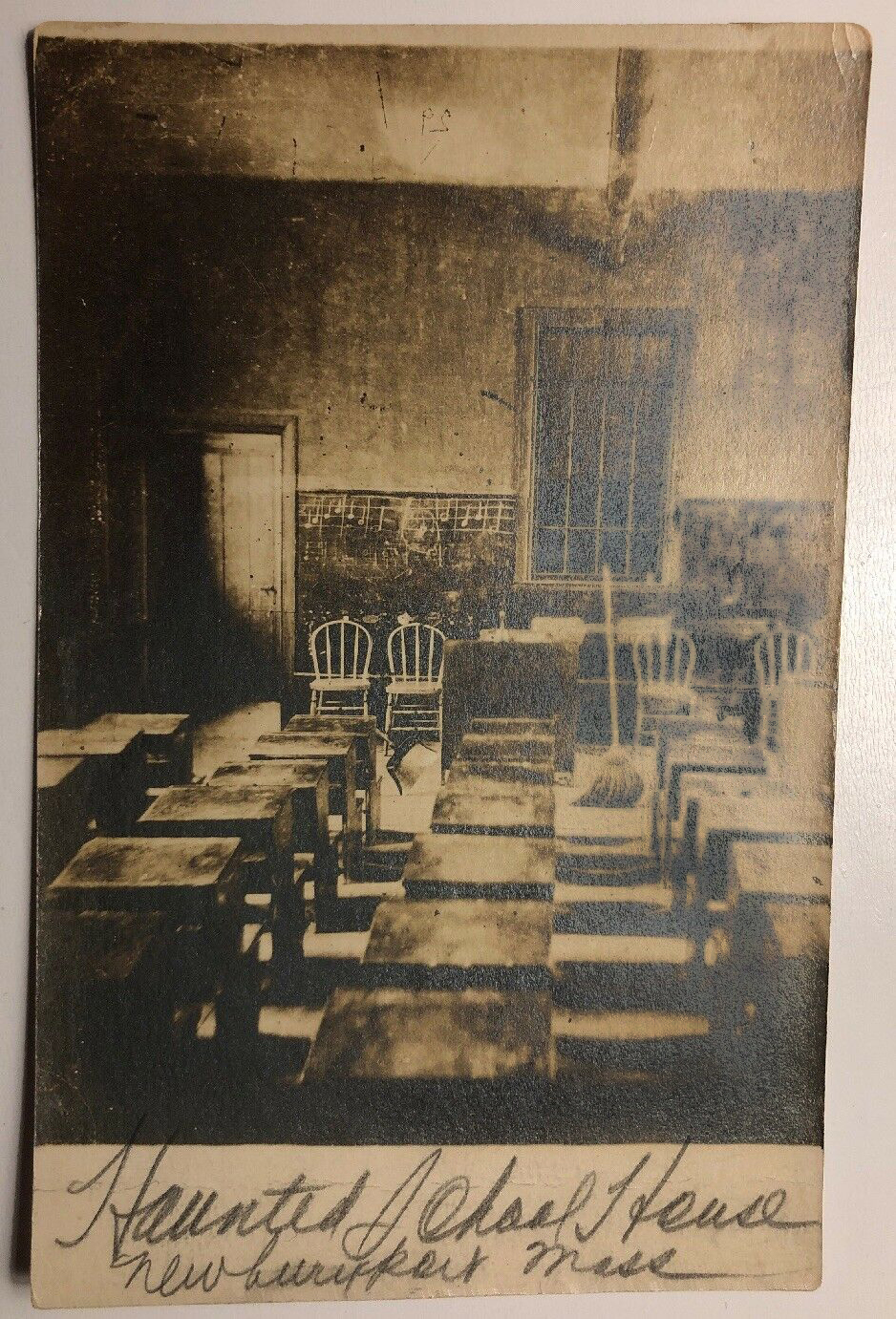I found a new newspaper book-review in the Italian newspaper Il Giornale, which reviewed an Italian book on Lovecraft’s reception and reputation in Japan. Yes, in Italy the mainstream newspapers review obscure Lovecraftian scholarship.
This new collection of essays edited by Gianluca Di Fratta appeared in May 2018 in Italian, and appeared under the title Lovecraft e il Giappone: Letteratura, cinema, manga, anime. The core of the newspaper review, approximately translated and polished for clarity…
Japan, thanks to its distinctive historic culture and its glowing re-use of its own mythology, has been a particularly fertile ground for the spread of Lovecraft’s cosmology. His obscure, ancestral and evil deities, recall on one hand Japan’s Shinto pantheon, and on the other hand they fit perfectly into the popular virtual universe of video games and comics that glow from Japan’s ubiquitous screen-culture.
American troops stationed in Japan after 1945 spread the pocket-book and free Army editions of the Lovecraft stories that had been printed for the U.S. military. This sparked an interest in ‘HPL’, as he is known by many fans, and this interest has been growing exponentially. He has inspired countless film productions or virtual games, even if the literary remains the field of choice of many. As demonstrated, for example, by the admiration expressed by a great writer like Haruki Murakami, to whom… “Lovecraft has opened up his personal abyss of [cosmic] indifference and pushed us all in”, and for which “the existence of Lovecraft represents an ideal” for a writer, an ideal explicitly cited in Murakami’s well-known trilogy.
Despite the title, the new book does not deal exclusively with the influence of Lovecraft in the country of the Rising Sun [Japan], but also delves into “high” literary themes (provided that the stale division between “high” and “low” culture still holds), such as example, the unsuspected similarity between T.S. Eliot and H.P. Lovecraft that was traced by the gothic [specialist?] Gino Scatasta in his “Lovecraft and tradition”. Reference is also made to the influence exercised by Lovecraft on European and American cinema, a theme developed by writer and screenwriter Antonio Tentori. His essay shows how the posthumous fame of HPL has now surely delivered him into the ranks of the eternal writers.
There appears to be no “Look inside” or tables-of-contents which can be easily found for the book, but a short Barbadillo review in Italian usefully added more details and itemised the chapters…
The book was born from the collection of the proceedings of a conference of the same name – provides an extensive account of his strange process of cultural assimilation in Japan, analysing all the manifestations in the most disparate fields, from the narrative to the essay exegetical, from the cinema to the comic, to the animated film, to the publicity, up to the most extravagant forms typical of that people, such as the morbid eroticism or, at the other extreme, the total ‘cute’ Lovecraftian monsters such as nice puppets in the Pokemon style. The preface is by Gianfranco de Turris who frames the essays. Gianluca Di Fratta provides a historical introduction, a chapter on the influence on comics, and two concluding chapters on the Lovecraftian imaginary in Japan. Giacomo Calorio surveys the influence on Japanese contemporary cinema, and Riccardo Rosati looks at anime [Japanese animation] intended for cinema screens.

















